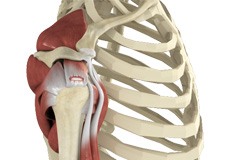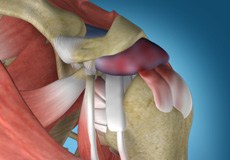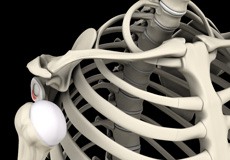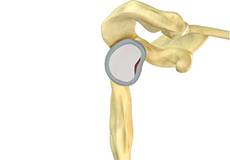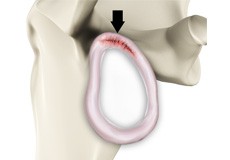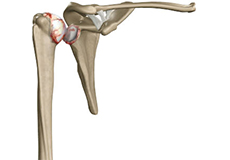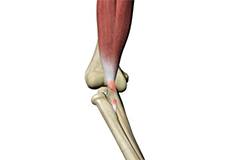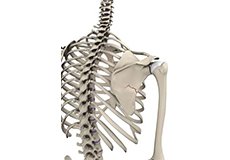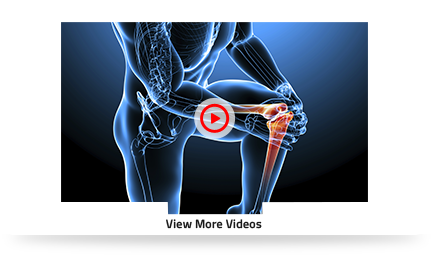Shoulder Conditions
Shoulder Pain
Pain in the shoulder suggests a shoulder injury which is more common in athletes participating in sports such as swimming, tennis, pitching and weightlifting. The injuries are caused due to the over usage or repetitive motion of the arms.
Rotator Cuff Tear
The rotator cuff is a group of tendons in the shoulder joint providing support and enabling a wide range of motion. Major injury to these tendons may result in tear of these tendons, a condition called rotator cuff tear.
Shoulder Impingement
Shoulder impingement is the condition of inflammation of the tendons of the shoulder joint. It is one of the most common causes of pain in the adult shoulder.
Frozen Shoulder
Frozen shoulder, also called adhesive capsulitis, is a condition characterized by pain and loss of motion in the shoulder joint. It is more common in older adults aged between 40 and 60 years and is more common in women than men.
Shoulder Instability
Shoulder instability is a chronic condition that causes frequent dislocations of the shoulder joint.
Shoulder Labrum Tear
Traumatic injury to the shoulder or overuse of shoulder (throwing, weightlifting) may cause labral tear. In addition, ageing may weaken the labrum leading to injury.
SLAP Tears
The term SLAP (superior –labrum anterior-posterior) lesion or SLAP tear refers to an injury of the superior labrum of the shoulder. The labrum is a ring of fibrous cartilage surrounding the glenoid for stabilization of the shoulder joint.
Arthritis of the Shoulder
The term arthritis literally means inflammation of a joint but is generally used to describe any condition in which there is damage to the cartilage. Damage of the cartilage in the shoulder joint causes shoulder arthritis.
Biceps Tendon Rupture
The biceps tendon is a tough band of connective fibrous tissue that attaches your biceps muscle to the bones in your shoulder on one side and the elbow on the other side.
Overuse and injury can cause fraying of the biceps tendon and eventual rupture.
Shoulder Fracture
A shoulder fracture is usually diagnosed based on a thorough physical examination, and imaging studies such as X-rays and CT scans.
Overuse and injury can cause fraying of the biceps tendon and eventual rupture.


